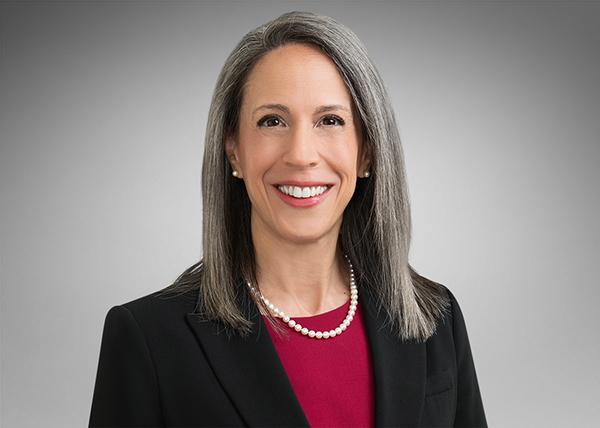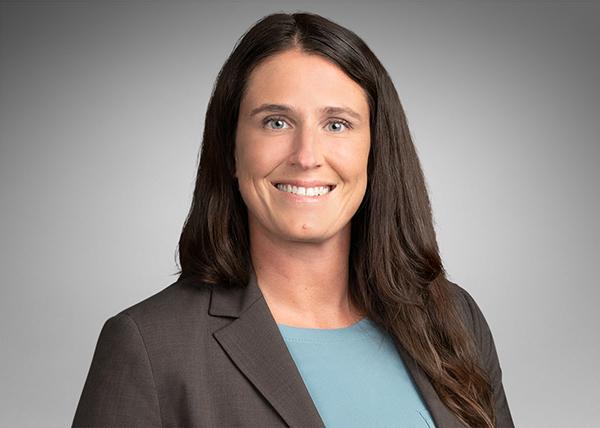Last Thursday, FDA finalized nonbinding guidance covering voluntary recalls of all FDA-regulated products entitled Initiation of Voluntary Recalls Under 21 CFR Part 7, Subpart C. This final guidance incorporates stakeholder feedback following the Agency’s publication of draft guidance on this topic in April 2019. This guidance does not replace or supersede any required steps for specific products. Rather, it clarifies FDA’s “recall ready” recommendations and expectations with regard to recall initiation procedures, and aims to support industry’s ability to quickly execute recalls and reach affected consumers with timely information to limit the impact of potentially dangerous products.
What is Covered?
This guidance covers all FDA-regulated commodities: food, drugs, and devices intended for human or animal use, cosmetics and biological products intended for human use, tobacco products intended for human use, and any item subject to a quarantine under 21 CFR Part 1240.
Key Recommendations
The guidance recommends preparations and procedures for initiating a recall along a number of fronts. Key recommendations in the final guidance include:
- Trained Personnel. Specific individuals, and alternative personnel, should be given recall-related responsibilities and authority for implementing a product recall. Assigned personnel should be trained on a regular basis, and FDA advises firms that anticipate complex recalls to conduct “mock recalls” and establish appropriate recall “metrics.”
- Adequate Records. Firms should maintain adequate product coding and distribution records, whether legally required or not, to facilitate the location of products at the lot, batch, and unit levels.
- Written Procedures. Written procedures should incorporate specific procedures for notifying direct accounts and communicating with others. FDA recommends that the recall strategy account for the possibility that the scope of the recall will expand. These procedures should incorporate steps for identifying, investigating, recalling, and communicating about a defective or potentially harmful product. Firms should also consider maintaining draft templates of notification letters and press releases.
- Communicating with Direct Accounts. Firms should provide clear instructions for disposing a recalled product, and recalling firms should clearly identify the level in the distribution chain to which the recall should extend. Recipients of recall communications should notify their own direct accounts. FDA also recommends that firms choosing to alert direct accounts by telephone confirm those telephone communications in writing.
- Communicating with the FDA. In addition to FDA reporting requirements for certain product categories, FDA encourages firms to consult with FDA while investigations into potentially affected products are ongoing.
Changes from the 2019 Draft Guidance
FDA’s final guidance differs only slightly from the 2019 draft guidance, which received less than twenty stakeholder comments. FDA’s changes generally address concerns raised by the stakeholder comments. For instance, the final guidance resolves concerns that FDA was recommending that a single plan apply to all of a firm’s products, which need not be the case. FDA further clarifies that not all drugs and devices must bear a product identifier under current law, and elaborated that each type of recall communication (internal, external, and with FDA) should have specific points of contact. FDA emphasizes that it encourages electronic communications for voluntary recalls, and that a firm need not wait for FDA review of communications or recall strategies before implementing a voluntary recall. Finally, FDA added the terms “correction” and “market withdrawal” to the terminology section for additional clarity.
FDA characterizes its final guidance on voluntary recalls as part of its “ongoing commitment to work closely with companies so they can quickly act to protect the public from violative products on the market.” Covington is happy to help clients ensure that they are “recall ready” in accordance with FDA’s final guidance.
If you have any questions concerning the material discussed in this client alert, please contact the members of our Food, Drugs, and Device practice.
Back
Back










